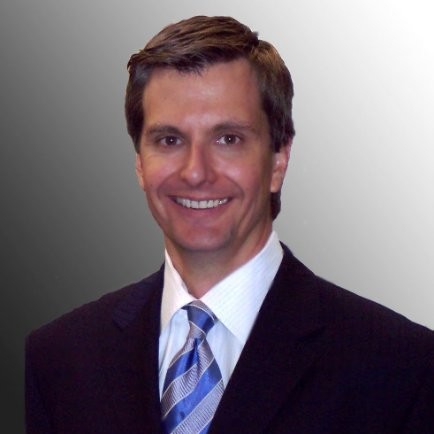Gunner Lyslo, President and CEO of Surfacide, jumped on to the Ask A CEO Podcast to share his 20 years of experience in the infection prevention industry, how he stumbled upon a solution to control the spread of multidrug-resistant viruses like SARS, MRSA, and COVID-19 and his best advice for CEOs. Check out all the other episodes here.
Key Facts
- Gunner Lyslo LinkedIn
- Surfacide Website
- Gunner Lyslo has 20 years of experience in the field of infectious disease
- Gunner Lyslo is a former president at Legionella Consultations
- Surfacide works against SARS, MRSA, and COVID-19
- Surfacide disinfects ICU in approx. 12 minutes
- Surfacide disinfects operation theaters in approx. 30 minutes
Key Takeaways
- Gunner Lyslo started his journey on infectious disease prevention by combating waterborne pathogen Legionella with Legionella Consultations
- Legionella Consultations is a team of microbiologists and infectious disease experts
- Ten years ago, when Gunner was working in the waterborne sector, MRSA (Methicillin-resistant Staphylococcus aureus) started to evolve, which is a multidrug-resistant virus
- MRSA caused panic throughout healthcare professionals and brought Gunner’s attention to infection prevention
- Gunner’s idea of infection prevention focuses on initial transmission
- Gunner’s idea of ensuring a safe environment and former experience of working with UV-C technology led to the inception of Sulfacide
- Sulfacide is a UV-C based surface disinfectant that works against SARS, MRSA, and COVID-19. Its objective is to break disease transmission on the initial stage
- Gunner discloses that infection experts were aware of this foreseen pandemic and that more challenges await us
- In the recent past, several new multidrug-resistant organisms like Candida Auris, which is a highly drug-resistant fungus, have emerged
- Surfacide has UV-C rays. It doesn’t do traditional cleaning but works by delivering germicidal energy wavelengths in the invisible light spectrum that the bacteria, virus, and spores are susceptible to
- The standard cleaning protocol of Surfacide is to make spaces safe for patients post terminal discharge. As hospital environment services carry out terminal discharge cleaning, leaving surfaces 50% colonized
- Before COVID-19 response, Surfacide was prepared on the scientific aspect, but once the sales blew up, they had to increase their production capacity and capability
- Surfacide’s response to COVID-19 is recorded in research done at the University of Iowa
- The office culture at Sulfacide is driven by hard work and dedication. They are a bunch of passionate people knowing they can make a difference. The scientists are a valuable addition to their team as a lot of the research and data are paramount to the overall success and integration of technology
- UV-C works on line-of-sight technology. In layman’s terms, it means it’s the target is linear rather than dispersed, which is why Surfacide adapts to a multiple emitter approach. They do it by bringing multiple cylinders in a small space; this ensures maximum direct surface exposure
- Another essential aspect of Sulfacide implementation is distance. This is explained via inverse square law. In simple terms, every time the distance doubles, the energy is reduced to a quarter of the power. This is the reason multiple cylinders need to be placed in close proximity to ensure adequate disinfection. Due to the same reasoning, larger spaces take longer to clean
Best Advice for CEOs
“Grit, Grit, Grit”
Gunner advises organization leads and CEO’s to have a lot of grit. Starting a business is all about setting a mission and never quitting! There will be difficult times of failure, but you have to be in a position where you’re not willing to stop.
Quote:

About Gunner Lyslo

20+ years of experience specializing in providing evidence-based solutions that target the reduction of pathogens and causative agents of infectious diseases. Primary focus toward the control of emerging 'super bugs' in the health care space such as C.diff, CRE, MRSA, VRE, & Acinetobacter through the use of UV (UV-C) disinfection technolgoy. In addition, focus on the role of waterborne pathogens e.g. Legionella, Pseudomonas, Stenotrophomonas Maltophila, etc.
Extensive contacts throughout North America in the health care space to include:Transplant Centers (solid organ and BMT) acute care, long term care and the US Federal government at both VA and DoD.
Current distribution channels with partners and offices throughout the US.
Specialties: Infectious Diseases, Infection Control, and Facilities Management.
Extensive contacts throughout North America in the health care space to include:Transplant Centers (solid organ and BMT) acute care, long term care and the US Federal government at both VA and DoD.
Current distribution channels with partners and offices throughout the US.
Specialties: Infectious Diseases, Infection Control, and Facilities Management.
